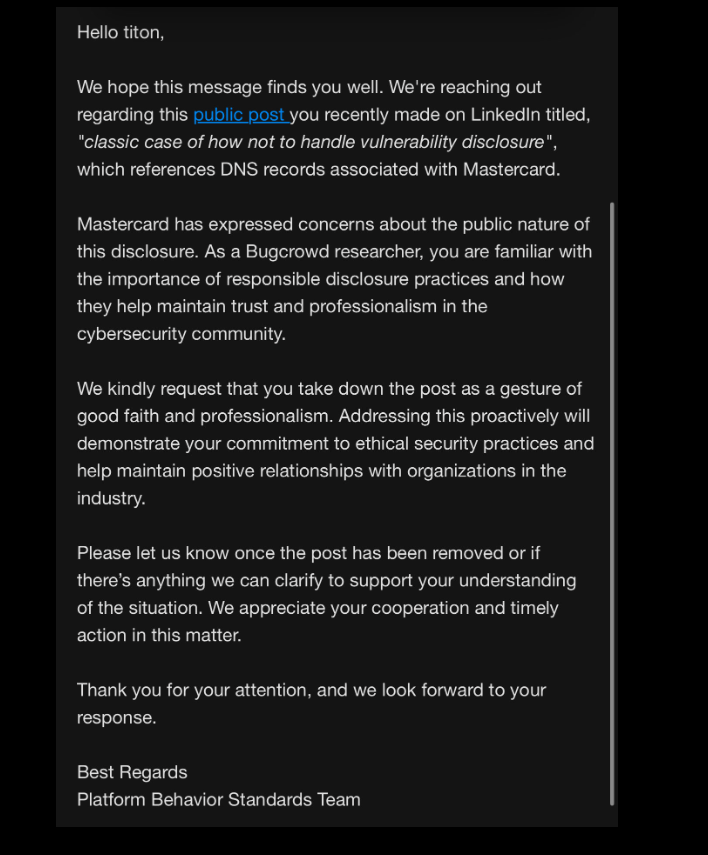New Year, New You: Strategies for Goal Achievement
“Without goals, and plans to reach them, you are like a ship that has set sail with no destination.” — Fitzhugh DodsonIt’s 2025 and we all know what that means. The new year often brings a wave of renewed motivation and a desire for positive change. Whether improving fitness, launching a new business, or simply cultivating more mindfulness, setting and achieving goals can significantly enhance our lives, both personally and professionally. However, the road to success is rarely linear. This year, consider and approach to goal setting with a focus on realistic strategies and sustainable habits.Set SMART GoalsLet’s begin with a tried-and-true strategy. One of the most effective frameworks for goal setting is the SMART method (Locke & Latham, 2002). Below are the specifics, which many of you probably already know:Specific: Clearly define your objectives. Instead of "get in shape," aim for "run a 5k in under 30 minutes by June."Measurable: Track your progress with quantifiable metrics.Achievable: Set challenging but attainable goals to maintain motivation.Relevant: Ensure your goals align with your values and overall life vision.Time-bound: Establish deadlines to create a sense of urgency.Break Down Large GoalsWhile ambition is a good thing, we must take a practical approach to succeed. Overwhelming goals can quickly lead to discouragement. Divide significant objectives into smaller, more manageable steps (Bandura, 1997). This creates a sense of accomplishment as you tick off each milestone, boosting motivation and momentum. Remember, a win is a win, no matter how small it might seem at the time. Build Sustainable HabitsStephen A. Brennan said, “Our goals can only be reached through a vehicle of a plan, in which we must fervently believe, and upon which we must vigorously act.” Actions need to be sustained. Focus on creating lasting habits rather than quick fixes. Small, consistent actions are more likely to lead to long-term success than drastic, unsustainable changes (Lally, van der Merwe, Potts, & Wardle, 2010).Cultivate Self-CompassionWe all need to be realistic. Setbacks are inevitable, so mentally plan for them now. Instead of dwelling on failures, practice self-compassion (Neff, 2003). Acknowledge your challenges, learn from your mistakes, and adjust your approach as needed.Find SupportSurround yourself with a supportive network of colleagues, friends, family, or a mentor. Sharing your goals with others can increase accountability and provide encouragement along the way (Uchino, 2009). Having someone to talk to about your challenges can help you manage stress and maintain a positive mindset. It can make the journey more enjoyable, manageable, and ultimately, more successful.Achieving goals requires dedication, perseverance, and a realistic approach. By setting SMART goals, breaking down large objectives, cultivating sustainable habits, practicing self-compassion, and seeking support, you can increase your chances of success and create a fulfilling and meaningful year. You got this now go slay 2025! Bandura, A. (1997). Self-efficacy: The exercise of control. W. H. Freeman.Lally, P., van der Merwe, N., Potts, H. W., & Wardle, J. (2010). How are habits formed: Modelling habit formation in the real world. European Journal of Social Psychology, 40(6), 998-1009. Locke, E. A., & Latham, G. P. (2002). Building a practically useful theory of goal setting and task performance. American Psychologist, 57(9), 702-717. Neff, K. D. (2003). Self-compassion: An alternative conceptualization of self-regard. Self and Identity, 2(1), 85-101.Uchino, B. N. (2009). Social support and health: Overview. Current Opinion in Psychiatry, 22(1), 48-51.

“Without goals, and plans to reach them, you are like a ship that has set sail with no destination.” — Fitzhugh Dodson
It’s 2025 and we all know what that means. The new year often brings a wave of renewed motivation and a desire for positive change. Whether improving fitness, launching a new business, or simply cultivating more mindfulness, setting and achieving goals can significantly enhance our lives, both personally and professionally. However, the road to success is rarely linear. This year, consider and approach to goal setting with a focus on realistic strategies and sustainable habits.
Set SMART Goals
Let’s begin with a tried-and-true strategy. One of the most effective frameworks for goal setting is the SMART method (Locke & Latham, 2002). Below are the specifics, which many of you probably already know:
- Specific: Clearly define your objectives. Instead of "get in shape," aim for "run a 5k in under 30 minutes by June."
- Measurable: Track your progress with quantifiable metrics.
- Achievable: Set challenging but attainable goals to maintain motivation.
- Relevant: Ensure your goals align with your values and overall life vision.
- Time-bound: Establish deadlines to create a sense of urgency.
Break Down Large Goals
While ambition is a good thing, we must take a practical approach to succeed. Overwhelming goals can quickly lead to discouragement. Divide significant objectives into smaller, more manageable steps (Bandura, 1997). This creates a sense of accomplishment as you tick off each milestone, boosting motivation and momentum. Remember, a win is a win, no matter how small it might seem at the time.
Build Sustainable Habits
Stephen A. Brennan said, “Our goals can only be reached through a vehicle of a plan, in which we must fervently believe, and upon which we must vigorously act.” Actions need to be sustained. Focus on creating lasting habits rather than quick fixes. Small, consistent actions are more likely to lead to long-term success than drastic, unsustainable changes (Lally, van der Merwe, Potts, & Wardle, 2010).
Cultivate Self-Compassion
We all need to be realistic. Setbacks are inevitable, so mentally plan for them now. Instead of dwelling on failures, practice self-compassion (Neff, 2003). Acknowledge your challenges, learn from your mistakes, and adjust your approach as needed.
Find Support
Surround yourself with a supportive network of colleagues, friends, family, or a mentor. Sharing your goals with others can increase accountability and provide encouragement along the way (Uchino, 2009). Having someone to talk to about your challenges can help you manage stress and maintain a positive mindset. It can make the journey more enjoyable, manageable, and ultimately, more successful.
Achieving goals requires dedication, perseverance, and a realistic approach. By setting SMART goals, breaking down large objectives, cultivating sustainable habits, practicing self-compassion, and seeking support, you can increase your chances of success and create a fulfilling and meaningful year. You got this now go slay 2025!
Bandura, A. (1997). Self-efficacy: The exercise of control. W. H. Freeman.
Lally, P., van der Merwe, N., Potts, H. W., & Wardle, J. (2010). How are habits formed: Modelling habit formation in the real world. European Journal of Social Psychology, 40(6), 998-1009.
Locke, E. A., & Latham, G. P. (2002). Building a practically useful theory of goal setting and task performance. American Psychologist, 57(9), 702-717.
Neff, K. D. (2003). Self-compassion: An alternative conceptualization of self-regard. Self and Identity, 2(1), 85-101.
Uchino, B. N. (2009). Social support and health: Overview. Current Opinion in Psychiatry, 22(1), 48-51.
What's Your Reaction?































.jpg?width=1920&height=1920&fit=bounds&quality=80&format=jpg&auto=webp#)





















































